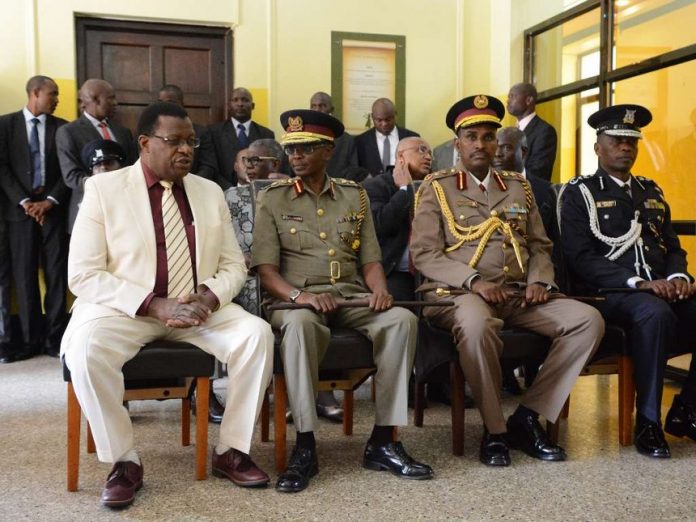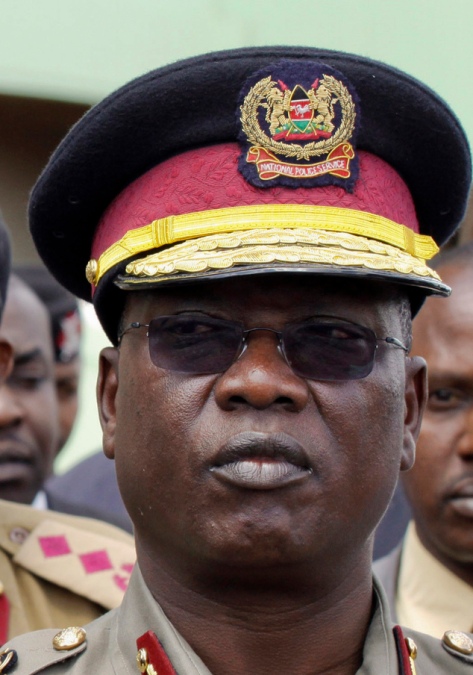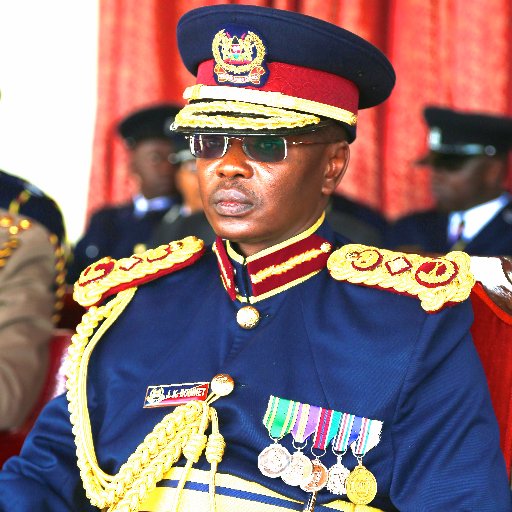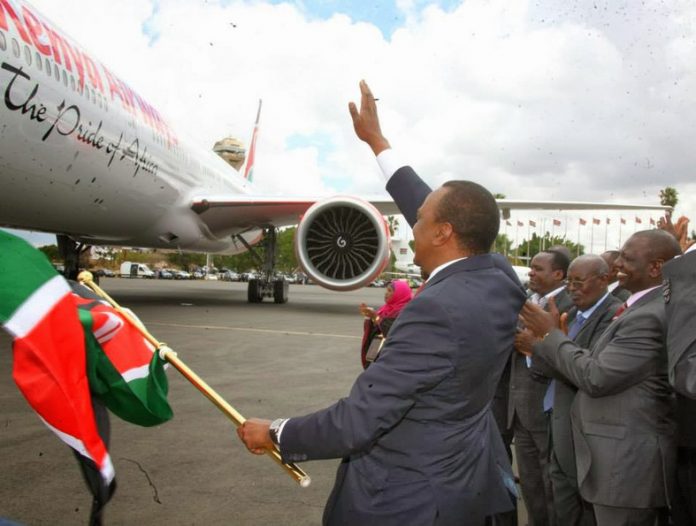Corruption touches our lives every day. It happens across the private sector as well as the public service in the realms of housing, education, health and agriculture. Its influence reaches dangerously further, too: it directly threatens sustainable development.
Corruption takes many forms. This makes it almost impossible to definitively calculate its cost, though one estimate suggests that corruption amounts to more than 5% of the global GDP.
Research by the World Bank shows that about US $1 trillion is paid in bribes worldwide each year. Africa is home to several of the most corrupt countries in the world, according to Transparency International’s corruption perception index.
Corruption also makes it difficult for societies and economies to develop. Sub-Saharan Africa is one of the poorest regions in the world and it, along with the rest of the globe, is now gearing up to meet the sustainable development goals. Most of these goals are sadly vulnerable to corruption, whether in the realm of poverty eradication, access to health care or affordable energy.
Education could be a valuable weapon in the continent’s fight against corruption. Three business schools in Africa are already putting this theory to the test by introducing an anti-corruption programme sanctioned by the United Nations into their classrooms.
We piloted and researched their experiences for our new book, which outlines how anti-corruption education can be professionalised in business schools around the globe.
The business of fighting corruption
Research tells us that corruption can hamper the ability of a business to run well and profitably. It can affect the entire business supply chain and ultimately lessen an enterprise’s contribution to broader social and economic development.
One estimate suggests that about 80% of Africa’s job creation and its economic output depends on small and medium enterprises.
These are just some of the reasons that we believe anti-corruption education belongs in business schools. If the continent can produce business leaders who are able to identify and act against different forms of corruption, it will make a huge difference to economic growth and the successful implementation of the sustainable development goals.
There is no single correct approach to embedding anti-corruption issues in education, but a great deal can be learned from available frameworks. One of these is the UN-sanctioned Principles for Responsible Management Education Anti-Corruption Toolkit.
The toolkit was developed by a group of nearly 40 management scholars from around the world. The project was funded by the Siemens Integrity Initiative and the first draft was launched in 2012. It has since been tested and refined at 14 business schools in India, Eastern Europe, Europe, South America and Africa.
The toolkit is continuously updated. It offers case studies and research about corruption which can be introduced into a classroom for discussion. It also has a section dedicated to teaching methods, which helps to guide those lecturers who have never tackled this complex topic before.
In Africa, the toolkit was piloted in three different schools, which each applied it to different courses. Nigeria’s Lagos Business School adopted its contents into the MBA programme curriculum. Stellenbosch University in South Africa tested it through an ethics course for managers. At Mzumbe University in Tanzania, it was used in regular postgraduate level courses and in executive education programmes.
At Mzumbe, the toolkit was used to start discussions about how integrating East Africa could minimise corruption and how to deal with ethical dilemmas in cross-cultural settings. The toolkit also provided material for a 12-hour programme that taught established professionals about ethical compliance in procurement.
Other pilot sites used the toolkit to link the impact of corruption to a particular business context. Students were encouraged to share their own experiences and to envision the adverse impacts their crooked business decisions might have on their own and others’ quality of life.
Feedback from the students was very positive at all pilot business schools.
Sharing the lessons
The major challenge for anti-corruption education lies in its integration with existing curricula. Students enrol for higher education seeking knowledge and the skills they’ll need to follow a particular career path. They will respond best to being taught about anti-corruption measures if they know this will be useful in their working lives. If businesses want to minimise corruption, they must emphasise ethical values and skill sets when recruiting business schools graduates.
Beating corruption will require a collective effort from more than just business schools and corporate leaders. But anti-corruption education has an important role to play in this fight and it must become a priority in African classrooms.![]()
Shiv Tripathi, Professor of Business Management, Mzumbe University and Ganka Daniel Nyamsogoro, Associate professor and Dean, Mzumbe University
This article is republished from The Conversation under a Creative Commons license. Read the original article.





























